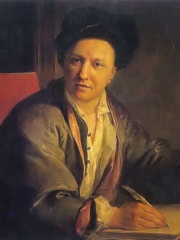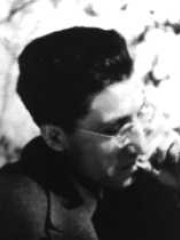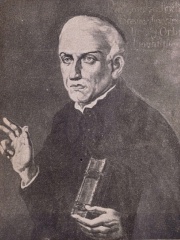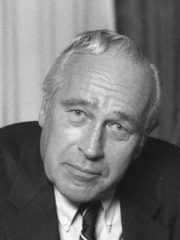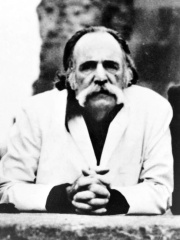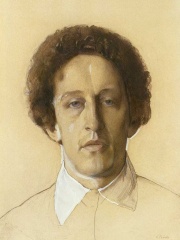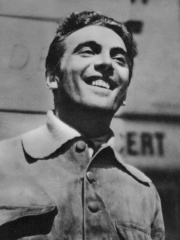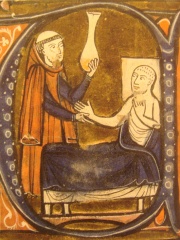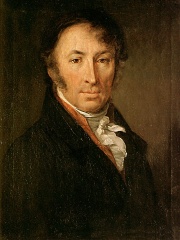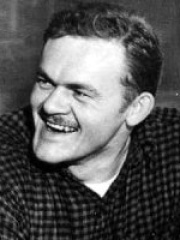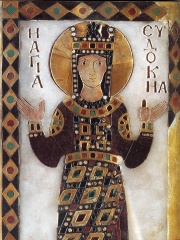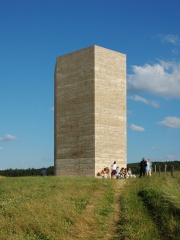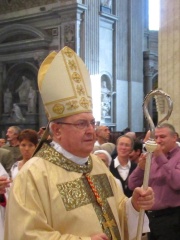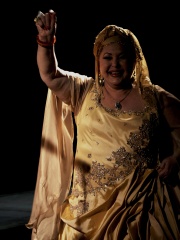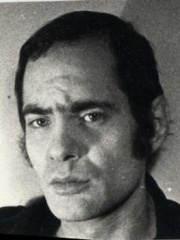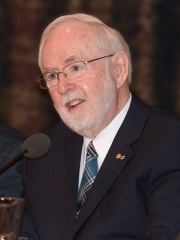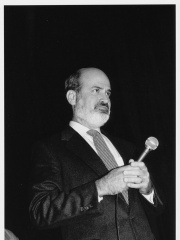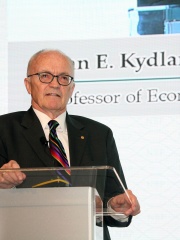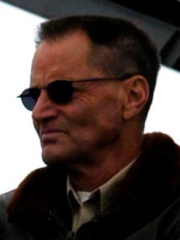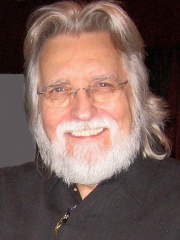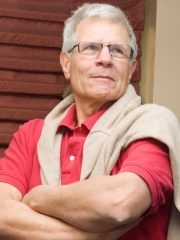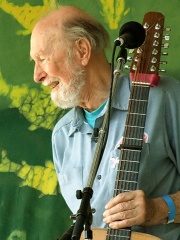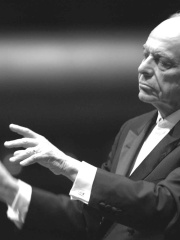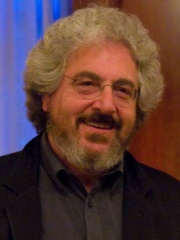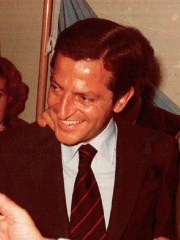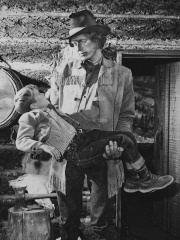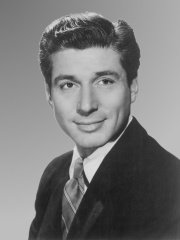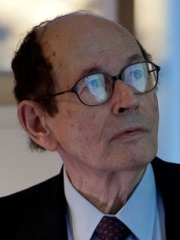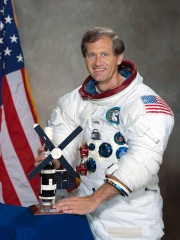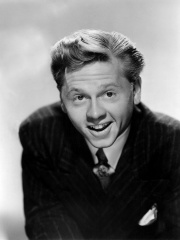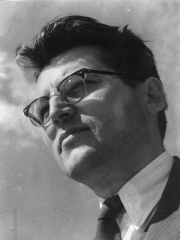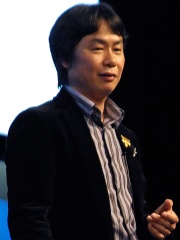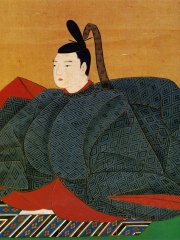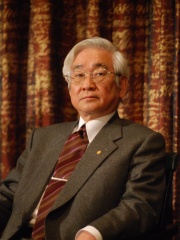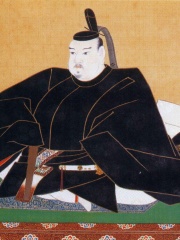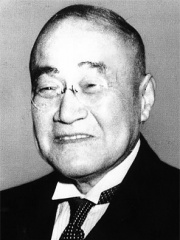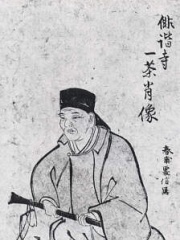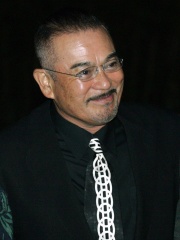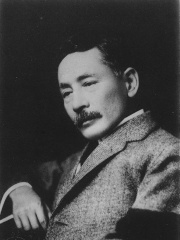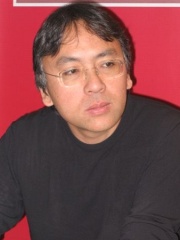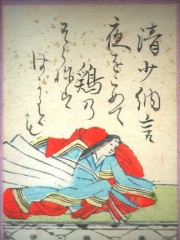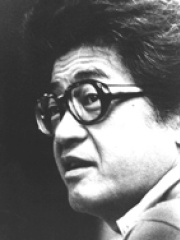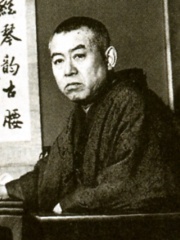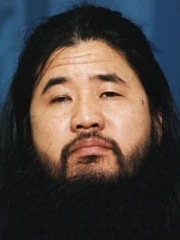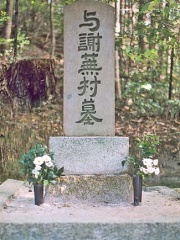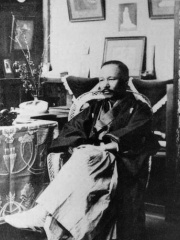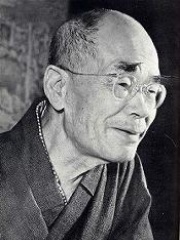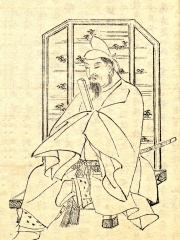Writer
Masaru Emoto
1943 - 2014
EN.WIKIPEDIA PAGE VIEWS (PV)
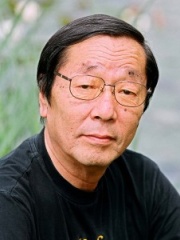
 Masaru Emoto
Masaru Emoto
His biography is available in 29 different languages on Wikipedia. Masaru Emoto is the 813th most popular writer (down from 768th in 2024), the 142nd most popular biography from Japan (down from 130th in 2019) and the 16th most popular Japanese Writer.
Masaru Emoto is most famous for his experiments on water crystals. He would take water from a river, a bottle of water, and a glass of water and put them in a dark room. He would then use different words to describe each glass of water and take pictures of the crystals that form. He found that when he used words like "love" or "thank you" the crystals would form into beautiful shapes, but when he used words like "you fool" or "you idiot" the crystals would be distorted and ugly.
Memorability Metrics
Page views of Masaru Emoto by language
Among Writers
Among writers, Masaru Emoto ranks 813 out of 7,302. Before him are Zeami Motokiyo, Bernard Le Bovier de Fontenelle, Cesare Pavese, Joseph of Anchieta, Robert Ludlum, and William Saroyan. After him are Alexander Blok, Julius Fučík, Gerard of Cremona, Nikolay Karamzin, James Jones, and Aelia Eudocia.
Most Popular Writers in Wikipedia
Go to all RankingsZeami Motokiyo
1363 - 1443
HPI: 69.44
Rank: 807
Bernard Le Bovier de Fontenelle
1657 - 1757
HPI: 69.44
Rank: 808
Cesare Pavese
1908 - 1950
HPI: 69.44
Rank: 809
Joseph of Anchieta
1534 - 1597
HPI: 69.43
Rank: 810
Robert Ludlum
1927 - 2001
HPI: 69.42
Rank: 811
William Saroyan
1908 - 1981
HPI: 69.42
Rank: 812
Masaru Emoto
1943 - 2014
HPI: 69.41
Rank: 813
Alexander Blok
1880 - 1921
HPI: 69.41
Rank: 814
Julius Fučík
1903 - 1943
HPI: 69.40
Rank: 815
Gerard of Cremona
1114 - 1187
HPI: 69.39
Rank: 816
Nikolay Karamzin
1766 - 1826
HPI: 69.37
Rank: 817
James Jones
1921 - 1977
HPI: 69.36
Rank: 818
Aelia Eudocia
401 - 460
HPI: 69.36
Rank: 819
Contemporaries
Among people born in 1943, Masaru Emoto ranks 66. Before him are Peter Zumthor, Mario Botta, Leonardo Sandri, Esma Redžepova, Andreas Baader, and Arthur B. McDonald. After him are Terrence Malick, Finn E. Kydland, Sam Shepard, Neale Donald Walsch, Klaus Maria Brandauer, and Tom Holland. Among people deceased in 2014, Masaru Emoto ranks 38. Before him are Pete Seeger, Lorin Maazel, Harold Ramis, Adolfo Suárez, H. R. Giger, and Richard Kiel. After him are Efrem Zimbalist Jr., Gerald Edelman, Tito Vilanova, William R. Pogue, Mickey Rooney, and Dobrica Ćosić.
Others Born in 1943
Go to all RankingsPeter Zumthor
ARCHITECT
1943 - Present
HPI: 70.10
Rank: 60
Mario Botta
ARCHITECT
1943 - Present
HPI: 69.76
Rank: 61
Leonardo Sandri
RELIGIOUS FIGURE
1943 - Present
HPI: 69.74
Rank: 62
Esma Redžepova
SINGER
1943 - 2016
HPI: 69.71
Rank: 63
Andreas Baader
EXTREMIST
1943 - 1977
HPI: 69.54
Rank: 64
Arthur B. McDonald
ASTRONOMER
1943 - Present
HPI: 69.47
Rank: 65
Masaru Emoto
WRITER
1943 - 2014
HPI: 69.41
Rank: 66
Terrence Malick
FILM DIRECTOR
1943 - Present
HPI: 69.17
Rank: 67
Finn E. Kydland
ECONOMIST
1943 - Present
HPI: 69.01
Rank: 68
Sam Shepard
WRITER
1943 - 2017
HPI: 68.99
Rank: 69
Neale Donald Walsch
WRITER
1943 - Present
HPI: 68.78
Rank: 70
Klaus Maria Brandauer
ACTOR
1943 - Present
HPI: 68.69
Rank: 71
Tom Holland
FILM DIRECTOR
1943 - Present
HPI: 68.19
Rank: 72
Others Deceased in 2014
Go to all RankingsPete Seeger
MUSICIAN
1919 - 2014
HPI: 70.60
Rank: 32
Lorin Maazel
CONDUCTOR
1930 - 2014
HPI: 70.44
Rank: 33
Harold Ramis
ACTOR
1944 - 2014
HPI: 70.04
Rank: 34
Adolfo Suárez
POLITICIAN
1932 - 2014
HPI: 69.96
Rank: 35
H. R. Giger
PAINTER
1940 - 2014
HPI: 69.74
Rank: 36
Richard Kiel
ACTOR
1939 - 2014
HPI: 69.68
Rank: 37
Masaru Emoto
WRITER
1943 - 2014
HPI: 69.41
Rank: 38
Efrem Zimbalist Jr.
ACTOR
1918 - 2014
HPI: 69.17
Rank: 39
Gerald Edelman
BIOLOGIST
1929 - 2014
HPI: 69.05
Rank: 40
Tito Vilanova
COACH
1968 - 2014
HPI: 69.02
Rank: 41
William R. Pogue
ASTRONAUT
1930 - 2014
HPI: 68.92
Rank: 42
Mickey Rooney
ACTOR
1920 - 2014
HPI: 68.89
Rank: 43
Dobrica Ćosić
WRITER
1921 - 2014
HPI: 68.78
Rank: 44
In Japan
Among people born in Japan, Masaru Emoto ranks 142 out of NaN. Before him are Issei Sagawa (1949), Shigeru Miyamoto (1952), Emperor Go-Kōmyō (1633), Zeami Motokiyo (1363), Jiro Miyake (1900), and Usaburo Hidaka (null). After him are Toshihide Maskawa (1940), Tokugawa Iemitsu (1604), Shigeru Yoshida (1878), Hiroaki Sato (1932), Kobayashi Issa (1763), and Sonny Chiba (1939).
Others born in Japan
Go to all RankingsIssei Sagawa
EXTREMIST
1949 - 2022
HPI: 69.48
Rank: 136
Shigeru Miyamoto
GAME DESIGNER
1952 - Present
HPI: 69.47
Rank: 137
Emperor Go-Kōmyō
POLITICIAN
1633 - 1654
HPI: 69.45
Rank: 138
Zeami Motokiyo
WRITER
1363 - 1443
HPI: 69.44
Rank: 139
Jiro Miyake
SOCCER PLAYER
1900 - 1984
HPI: 69.43
Rank: 140
Usaburo Hidaka
SOCCER PLAYER
HPI: 69.43
Rank: 141
Masaru Emoto
WRITER
1943 - 2014
HPI: 69.41
Rank: 142
Toshihide Maskawa
PHYSICIST
1940 - 2021
HPI: 69.39
Rank: 143
Tokugawa Iemitsu
POLITICIAN
1604 - 1651
HPI: 69.38
Rank: 144
Shigeru Yoshida
POLITICIAN
1878 - 1967
HPI: 69.35
Rank: 145
Hiroaki Sato
SOCCER PLAYER
1932 - 1988
HPI: 69.31
Rank: 146
Kobayashi Issa
WRITER
1763 - 1828
HPI: 69.29
Rank: 147
Sonny Chiba
ACTOR
1939 - 2021
HPI: 69.25
Rank: 148
Among Writers In Japan
Among writers born in Japan, Masaru Emoto ranks 16. Before him are Natsume Sōseki (1867), Kazuo Ishiguro (1954), Sei Shōnagon (966), Kōbō Abe (1924), Jun'ichirō Tanizaki (1886), and Zeami Motokiyo (1363). After him are Kobayashi Issa (1763), Shoko Asahara (1955), Yosa Buson (1716), Mori Ōgai (1862), D. T. Suzuki (1870), and Sugawara no Michizane (845).
Natsume Sōseki
1867 - 1916
HPI: 72.84
Rank: 10
Kazuo Ishiguro
1954 - Present
HPI: 71.66
Rank: 11
Sei Shōnagon
966 - 1025
HPI: 71.53
Rank: 12
Kōbō Abe
1924 - 1993
HPI: 71.21
Rank: 13
Jun'ichirō Tanizaki
1886 - 1965
HPI: 69.67
Rank: 14
Zeami Motokiyo
1363 - 1443
HPI: 69.44
Rank: 15
Masaru Emoto
1943 - 2014
HPI: 69.41
Rank: 16
Kobayashi Issa
1763 - 1828
HPI: 69.29
Rank: 17
Shoko Asahara
1955 - 2018
HPI: 68.89
Rank: 18
Yosa Buson
1716 - 1783
HPI: 68.07
Rank: 19
Mori Ōgai
1862 - 1922
HPI: 67.53
Rank: 20
D. T. Suzuki
1870 - 1966
HPI: 67.46
Rank: 21
Sugawara no Michizane
845 - 903
HPI: 67.34
Rank: 22

